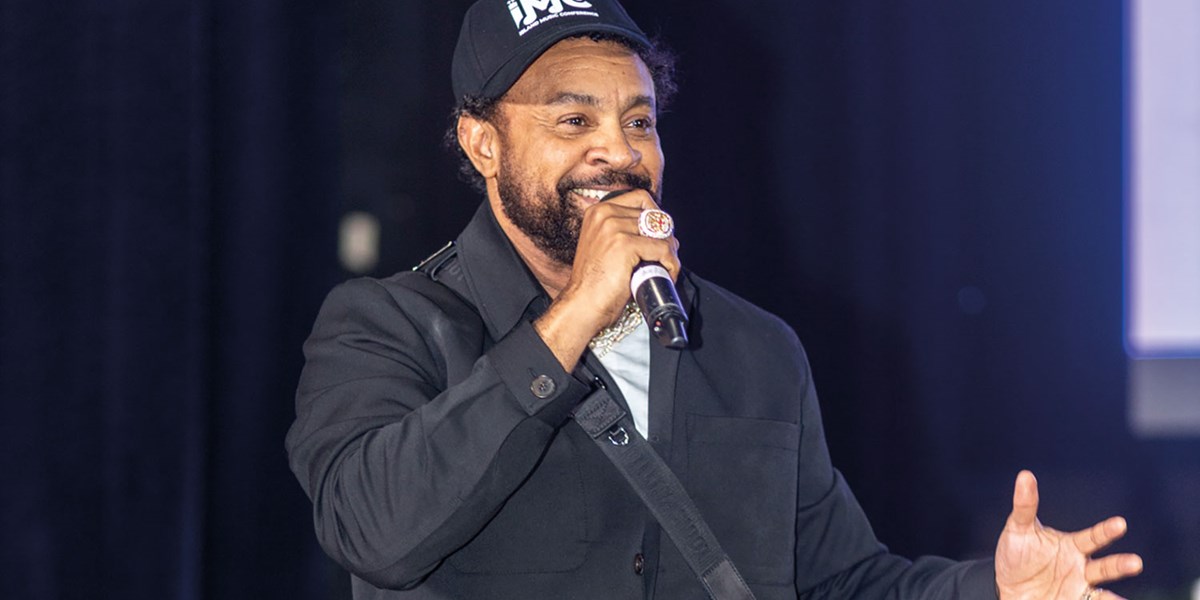Thursday, May 15, 2025
Dispatch from Kingston, Jamaica
By Yousif Nur
Attendees of the Island Music Conference discuss the legacy of Jamaica’s golden era during Reggae Month

Above: Shaggy at the Island Music Conference; Below: Jemere and Gramps Morgan of Morgan Heritage, among the reggae stars in attendance (photo: Jamar Cleary)

Register now to continue reading

Thanks for visiting the Songlines website, your guide to an extraordinary world of music and culture. Sign up for a free account now to enjoy:
- Free access to 2 subscriber-only articles and album reviews every month
- Unlimited access to our news and awards pages
- Our regular email newsletters

